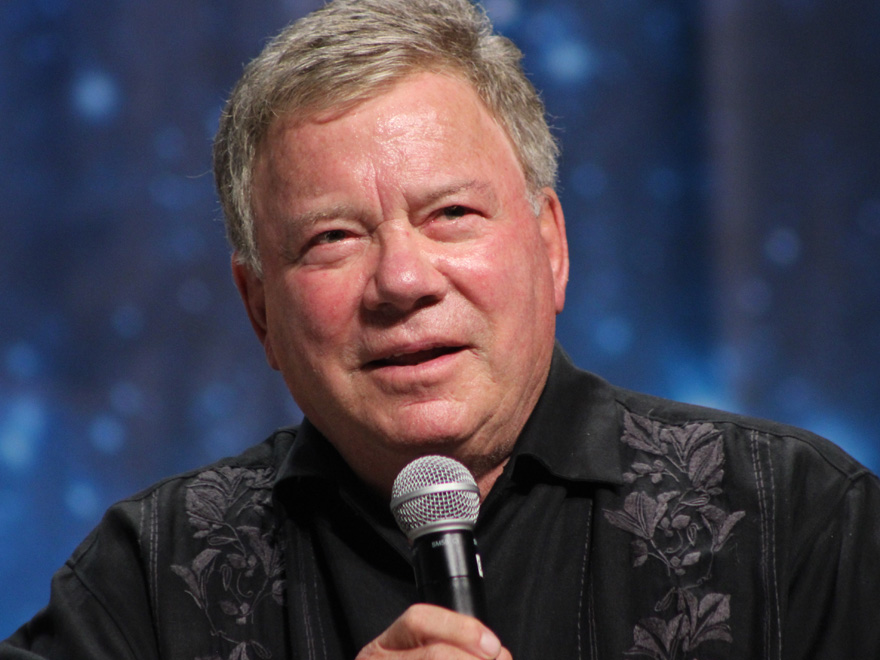RELIGION
You grew up in a Jewish family. Was it very observant?
Not at all. My father and mother had an observant religious life. They went to temple every Sabbath, prayed to God, and I was dragged along. I’m not religious, but I’m spiritual. I read avidly on philosophy and animals, plants and trees; how connected all of life is.
What has being culturally Jewish given you?
There’s a value system. Giving to people. Being generous and charitable. Learning is an important aspect of being Jewish and connection with other Jewish people. There are so few, so it helps that everyone helps each other.
Did you experience anti-Semitism growing up?
A great deal. I was born in a city that was mostly Catholic. It was very difficult. I’m shaped by a lot of battles from six years old up until now.
How did this anti-Semitism manifest itself?
Fights, every day, with one or more kids my size or bigger. Somebody recently showed me a high school graduation book. There I was – a nice-looking boy – and my nickname was “Toughie” because I was always fighting and being attacked. Kids would all crowd around, yelling, “Fight! Fight! Fight!”
Did you experience anti-Semitism as an adult and professional actor?
The university I went to had a quota. How I made it through the quota, I don’t know.
You mean a Jewish quota?
Oh yeah, there was a limit to the number of Jewish kids who could go to that university, no matter how qualified they were.
That’s remarkably blatant discrimination.
In the US South they once had signs: “No blacks allowed.” Many signs also had: “No Jews allowed.” But at the end of World War II, Jewish young men came back tough. That’s when anti-Semitism began to change; when the Jewish soldiers said, “We’re not backing away from a fight.”
Read the article by Benjamin Law in The Sydney Morning Herald.

